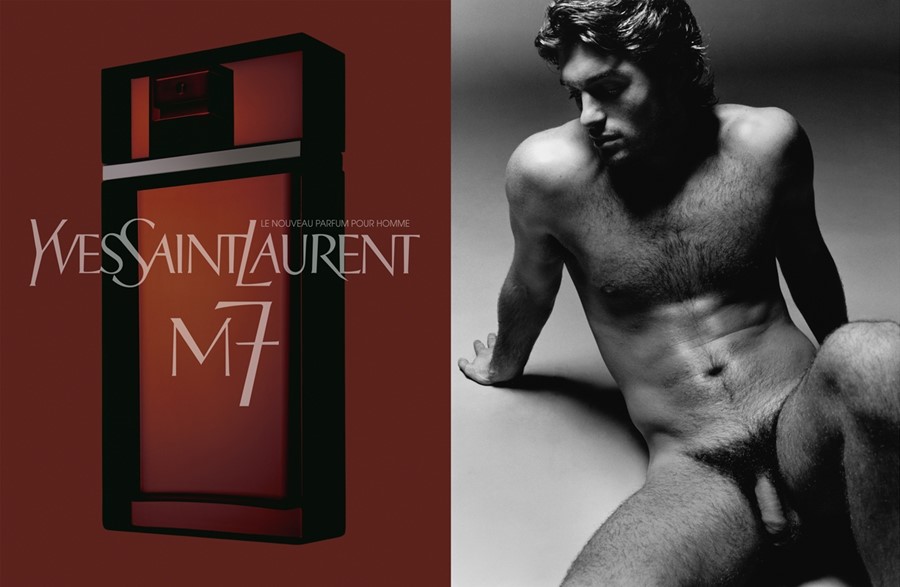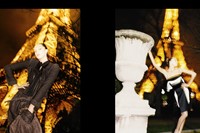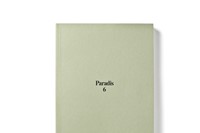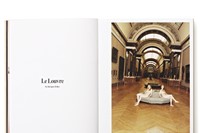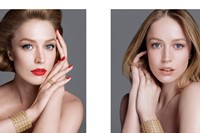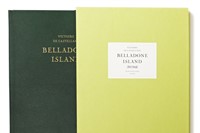This week, Donatien Grau dissects the ephemeral and charming in fashion with pioneering art director Thomas Lenthal
Thomas Lenthal is a prominent voice amongst contemporary art directors. Founding creative director of Numéro, he has been in charge of some of the world’s most influential advertisement campaigns, such as Missoni and Yves Saint Laurent with Juergen Teller, Cartier with Erwan Frotin, Dior with Nick Knight. Between 2002 and 2005, he served as head of image for Yves Saint Laurent Beauté and has been heading the imagery of Dior Joaillerie since 2000. Since 2006, he has been the publisher of Paradis Magazine and in 2012, he co-founded System Magazine. He has an ongoing collaboration with Hermès and Prada fragrance and regularly art directs books, notably Belladone Island published by Steidl.
How would you connect fashion to elegance?
If we take for granted that elegance is the expression of some virtues, notably temperance, then there are some moments when fashion seizes that idea in order to produce things that generally it gathers under the term 'minimalism'. However, if we consider elegance as a form of selflessness, then I am not sure it can have anything to do with fashion.
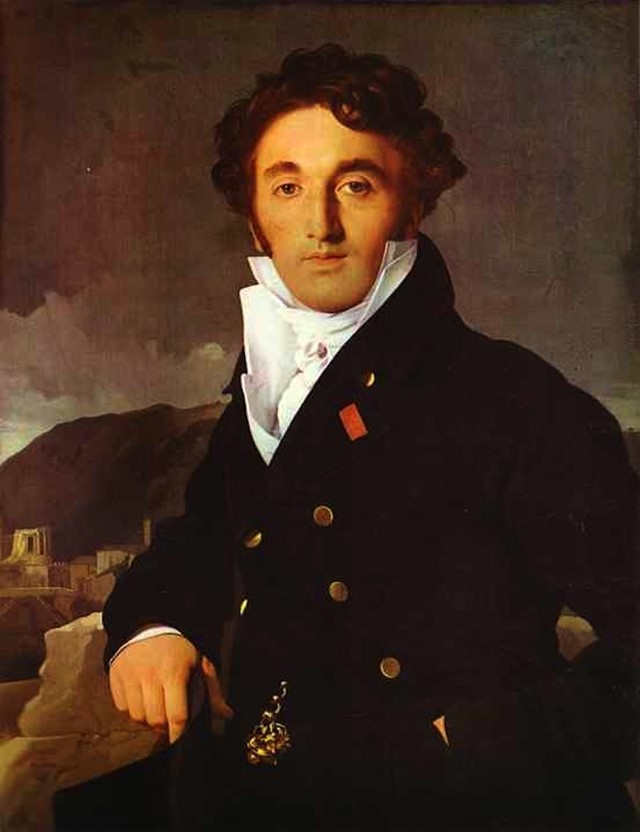
What is the role of history and art history in your conception of fashion?
In my view, fashion is often very erudite about itself. In any case, there is a tendency in fashion to focus on its own past in order to elaborate something new.
Would you describe fashion as a language and a discourse, as Barthes did?
Yes, I would. To paraphrase Lacan’s phrase about the unconscious, we could say: “fashion is structured as a language”. All human activity is a language and fashion therefore abides by that rule as well. It seems to me that fashion, as the unconscious, produces a discourse whose meaning it is often unaware of.
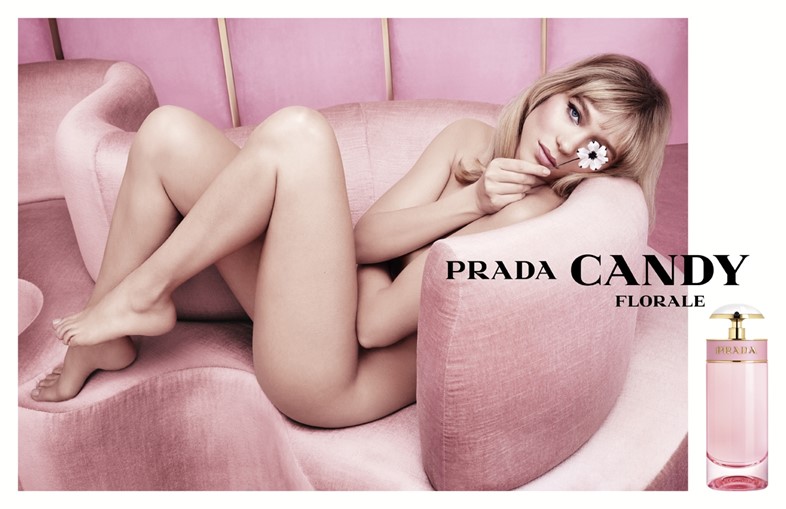
The word "intellectual" was coined in a time of great political distress. Does fashion have a political role? And in what way?
Fashion offers utopic narratives by means of massively diffused images, which exert an enormous influence over the idea people all over the planet have of fantasy. Today, luxury occupies an unprecedented space in the systems of representations of hundreds of millions of people. However, I do not think that there is a specific awareness in the world of fashion to the responsibility that should accompany this phenomenon.
How would you relate the concept of "fashion" to the one of "style"?
Style would be a form of fashion conceived by individuals for themselves, positioned within the idea of continuity, whereas fashion feeds us with the feeling of the ephemeral; and that probably is for me what makes it so charming.
"Fashion feeds us with the feeling of the ephemeral; and that probably is for me what makes it so charming" — Thomas Lenthal
What does fashion have to do with intellectuality?
One can theorise about anything, no less about fashion than about other things, and it is often a particularly thrilling exercise. However, I have a feeling that fashion design, as any design, rarely emanates from a very structured intellectual process; it appeals to more irrational resources.
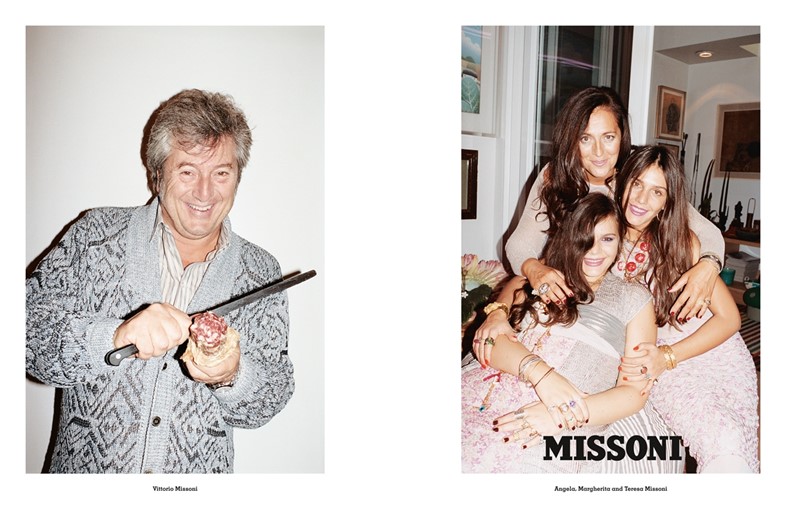
You have a long-standing collaboration with photographers and designers. What is the space for collaboration in fashion?
When a collaboration means a one shot encounter, it often produced rather sterile hybrids; for instance in the case of some opportunistic collaborations of artists with certain brands. I see my work more as the insight of an enlightened outsider than as a proper collaboration.
You created Paradis, as a free creative space. Is it because fashion is a field of constraint?
I mostly wanted to set myself free from time constraints.
In two weeks Donatien will interview the Director of the Musée de la Mode, Olivier Saillard.
